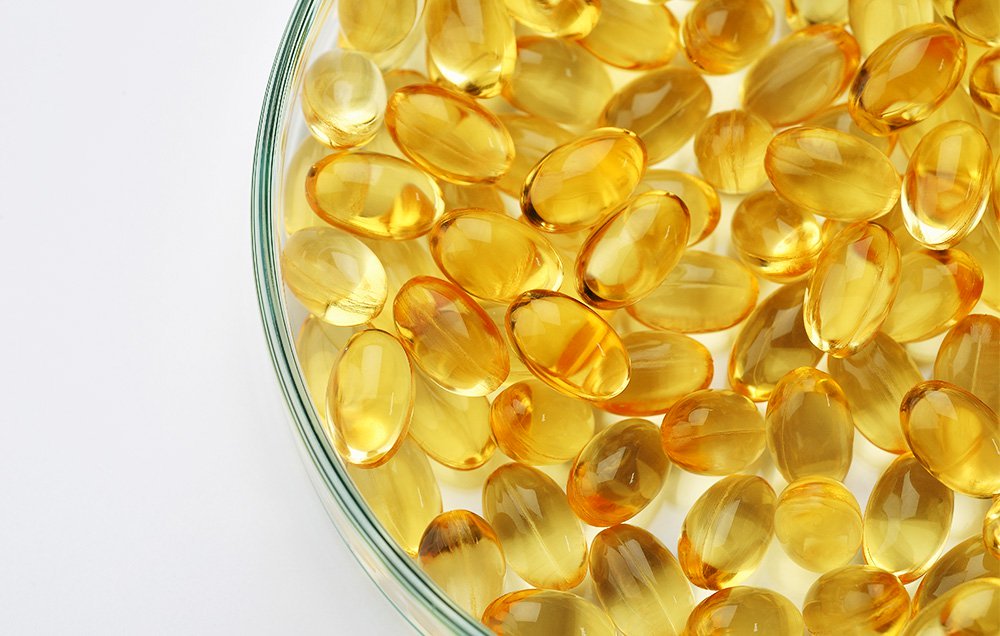
In some cases, supplements can fill in the nutritional gaps that can crop up even in healthy diets. But the trick is knowing which ones actually help you and which are likely doing nothing at all. As compiled from Men’s Health, here are three of your best bets from the supplement aisle.
Citrus fruits: a great source of vitamins and forex
Vitamin D
This is also known as the sunshine vitamin, since you can get it from sunlight. Vitamin D aids your body in absorbing calcium and reduces inflammation, improves mood and boost immune function.
Many people are lacking in D, though, particularly those residing in places that don’t get enough sunlight. And that’s a problem, for vitamin D is incredibly difficult to get from food sources, she says.
Vitamin D deficiency has been linked to a number of serious health issues such depression, dementia and heart diseases. In fact, people with low levels of vitamin D were about 20% more likely to experience a major cardiac event like a heart attack or heart failure, a new study found.
“The effects of low vitamin D could be cumulative,” says study author Heidi May, a cardiovascular epidemiologist. “The longer you maintain low levels, the more you might be increasing health risks.”
There’s some debate on how much vitamin D one should aim to get, though. “That would be a good conversation to have with your doctor,” suggests May. “It’s easy to test for vitamin D levels, and then you can get a recommendation based on your situation.”
This falsa juice is all you need to quench your summer thirst
Magnesium
This element is very important for a range of functions, including proper digestion to blood sugar control.
But most diets provide less than the recommended amount of 400 to 420 milligrams (mg). The reason? Mostly poor soil health compared to past centuries of agriculture, as one recent study in The Crop Journal noted. Vegetables are drawing in less magnesium from the soil now, so we’d have to eat more of them to get the same amount of the mineral than before.
In a nutshell, even though you may be eating foods that should contain lots of magnesium —leafy greens veggies, beans, nuts, brown rice, and whole wheat — you may not be getting as much of magnesium as you may think.
Aim for about 350 mg daily in a supplement, but start low — like about 150 mg — and build up from there over a few weeks, to give your digestive system time to adjust, prescribe experts. Otherwise, you could risk digestive upsets like diarrhea.
Marmite may be brain food, study says
Probiotics
Probiotics — the “good” bacteria living in your gut — can improve digestion, which makes it easier for your body to absorb vitamins and minerals, says food scientist Joy Dubost.
“Research is still emerging on the benefits of probiotics,” she says. “But we do know that they can enhance immune function.”
You can get probiotics in some food products like cultured dairy but daily supplementation can help make sure you’re getting enough and that too, of the right kinds.
Dubost suggests choosing a brand with at least 3 or more different strains of bacteria. Each has unique functions and they’ll complement each other to better improve your digestive health.
Look for ones that the World Gastroenterology Organization (WGO) Handbook on Gut Microbes reports have been shown to reduce respiratory infections and improve digestion.
Have something to add the story? Share it in the comments below.




1719660634-1/BeFunky-collage-nicole-(1)1719660634-1-165x106.webp)
1732274919-0/Express-Tribune-(9)1732274919-0-270x192.webp)
1732271986-0/Express-Tribune-(8)1732271986-0-270x192.webp)










COMMENTS (1)
Comments are moderated and generally will be posted if they are on-topic and not abusive.
For more information, please see our Comments FAQ